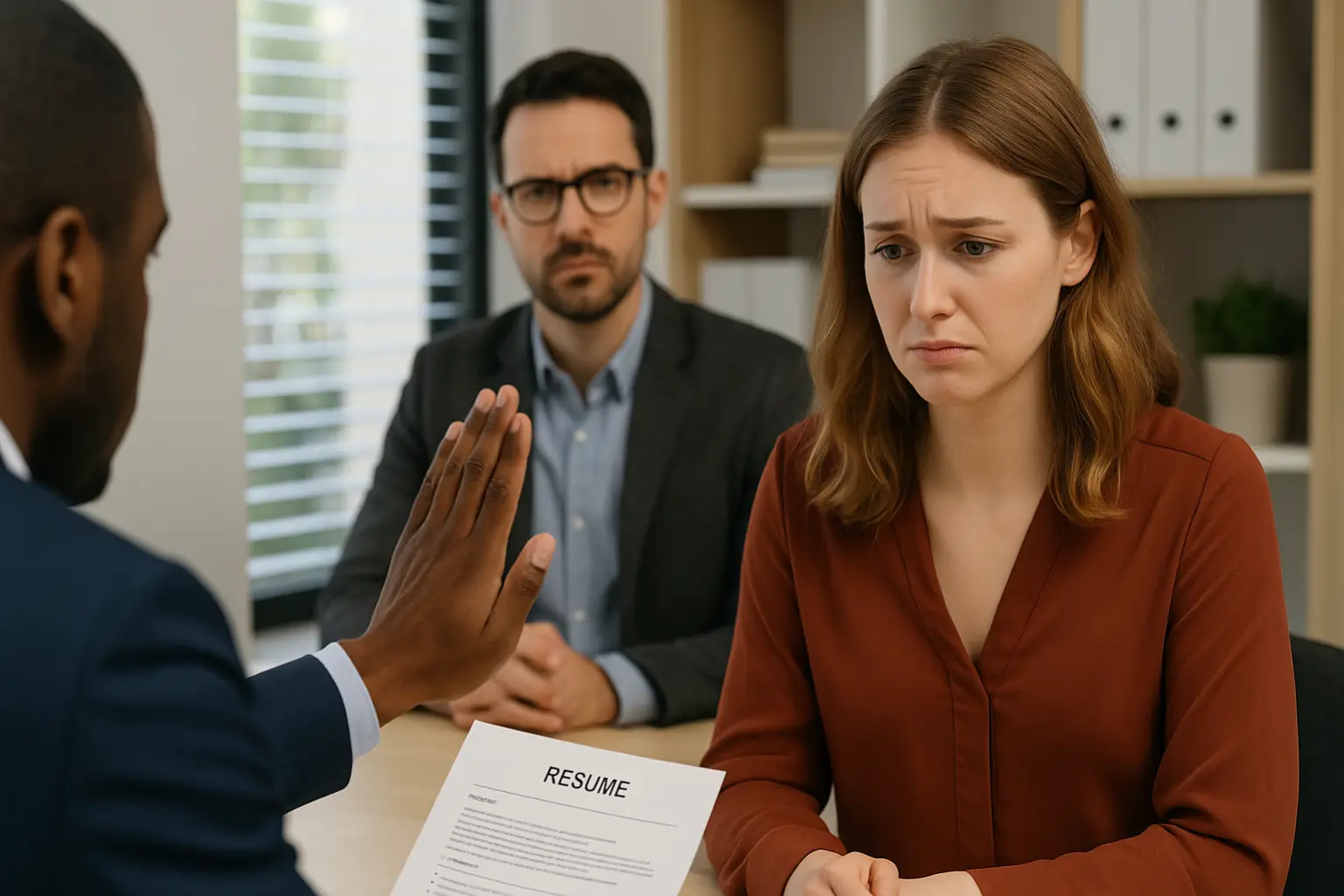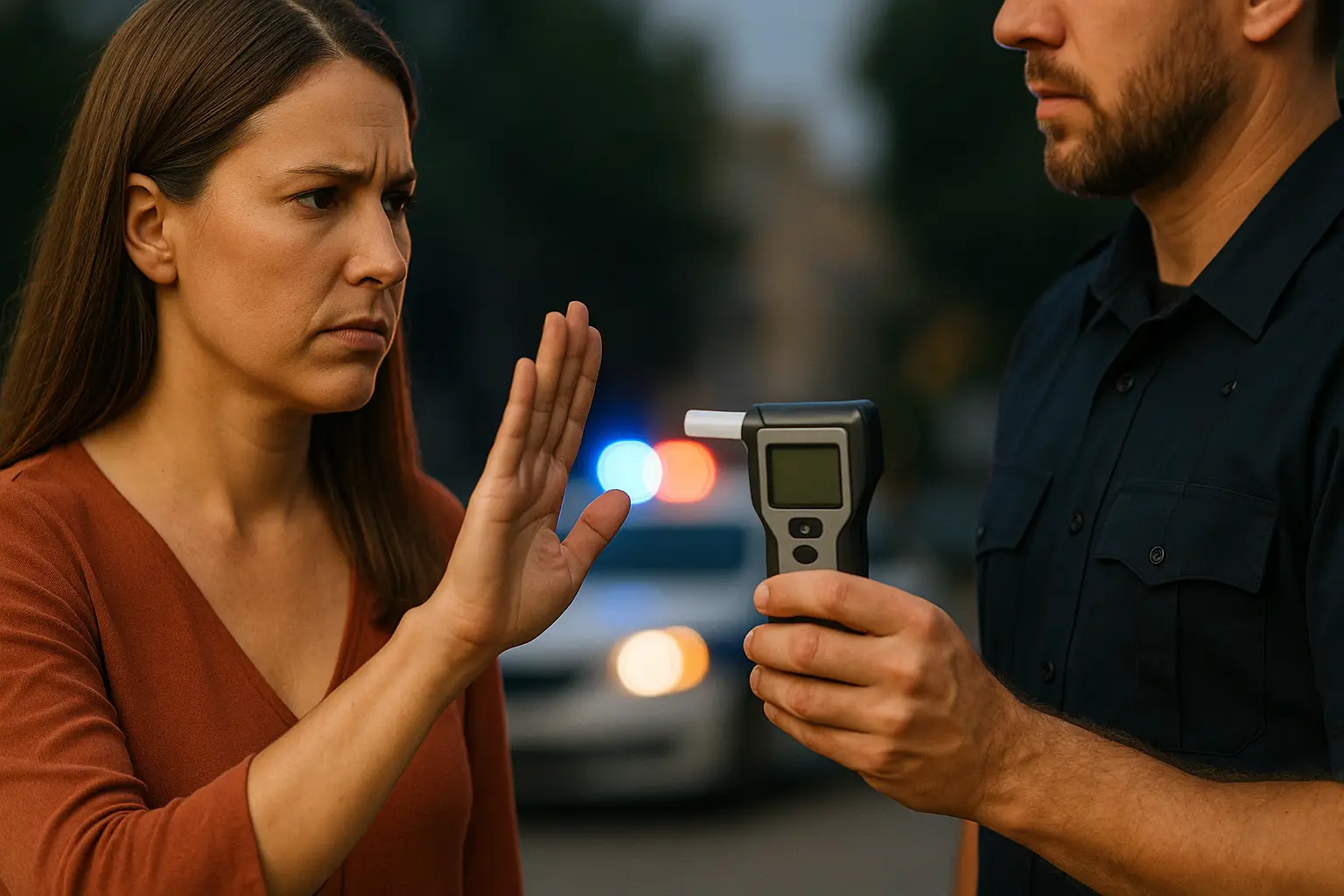Understanding Misdemeanors vs. Felonies in Florida Criminal Law
If you’ve been charged with a crime in Florida, one of the first questions you’ll face is whether your offense is classified as a misdemeanor or a felony. This distinction affects everything from potential jail time to long-term consequences like your ability to vote, obtain a job, or carry a firearm.
In this article, we break down the major differences between misdemeanors and felonies under Florida law, what each entails, and why it’s essential to consult with a qualified defense attorney.
What Is a Misdemeanor?
Misdemeanors are considered less serious offenses under Florida law, but they still carry serious consequences. They are divided into two degrees:
Second-Degree Misdemeanor
-
Maximum 60 days in jail
-
Up to 6 months probation
-
Up to $500 fine
-
Examples: Disorderly conduct, driving with a suspended license (first offense), petty theft (under $100)
First-Degree Misdemeanor
-
Maximum 1 year in jail
-
Up to 1 year probation
-
Up to $1,000 fine
-
Examples: DUI (first offense), domestic violence (simple battery), theft ($100–$750), possession of drug paraphernalia
Even a second-degree misdemeanor conviction goes on your criminal record, which can affect your employment and housing opportunities.
What Is a Felony?
Felonies are more serious crimes and carry longer prison sentences and heavier fines. They are categorized into several degrees based on the severity of the crime:
Third-Degree Felony
-
Up to 5 years in prison
-
Up to 5 years probation
-
Up to $5,000 fine
-
Examples: Grand theft, aggravated assault, possession of cocaine, burglary of an unoccupied structure
Second-Degree Felony
-
Up to 15 years in prison
-
Up to $10,000 fine
-
Examples: Aggravated battery, child abuse, trafficking certain drugs, robbery without a weapon
First-Degree Felony
-
Up to 30 years in prison (life in some cases)
-
Up to $10,000 fine
-
Examples: Armed robbery, sexual battery, trafficking in large amounts of drugs
Life Felony / Capital Felony
-
Life imprisonment or the death penalty
-
Reserved for the most severe crimes: first-degree murder, certain child sex crimes, etc.
A felony conviction can strip away many civil rights, including:
-
The right to vote or run for office
-
The right to own or carry a firearm
-
Professional licensing in certain industries
-
Federal aid or housing assistance
Other Key Differences
| Category | Misdemeanor | Felony |
|---|---|---|
| Jail Time | Up to 1 year (county jail) | Over 1 year (state prison) |
| Court Level | County court | Circuit court |
| Jury Size | 6 jurors | 6–12 jurors |
| Background Impact | May be sealed or expunged | Very limited expungement options |
| Civil Rights | Retained | May be lost (voting, firearms, etc.) |
Can a Misdemeanor Become a Felony?
Yes. Certain circumstances can elevate a misdemeanor to a felony, such as:
-
Repeat offenses (e.g., third DUI becomes a felony)
-
Use of a weapon
-
Injury to a victim
-
Crimes committed in a school zone, against a minor, or while on probation
Why Legal Representation Matters—Regardless of the Charge
Whether you’re charged with a misdemeanor or a felony in Florida, the consequences can be life-altering. Even a misdemeanor conviction can follow you for years, while a felony may change the course of your life permanently.
At The Law Office of Michael Glasser, P.A., we take every charge seriously and build strategic, aggressive defenses to protect your future. We examine the evidence, challenge police procedures, and negotiate or litigate for the best possible result.
Speak With a Fort Lauderdale Criminal Defense Attorney Today
If you’re facing criminal charges in Broward County—misdemeanor or felony—don’t wait to get legal help. Michael Glasser has over 15 years of experience defending clients in Fort Lauderdale and throughout South Florida.
📞 Call (954) 242-1951 or contact us online today to schedule a free, confidential consultation.







